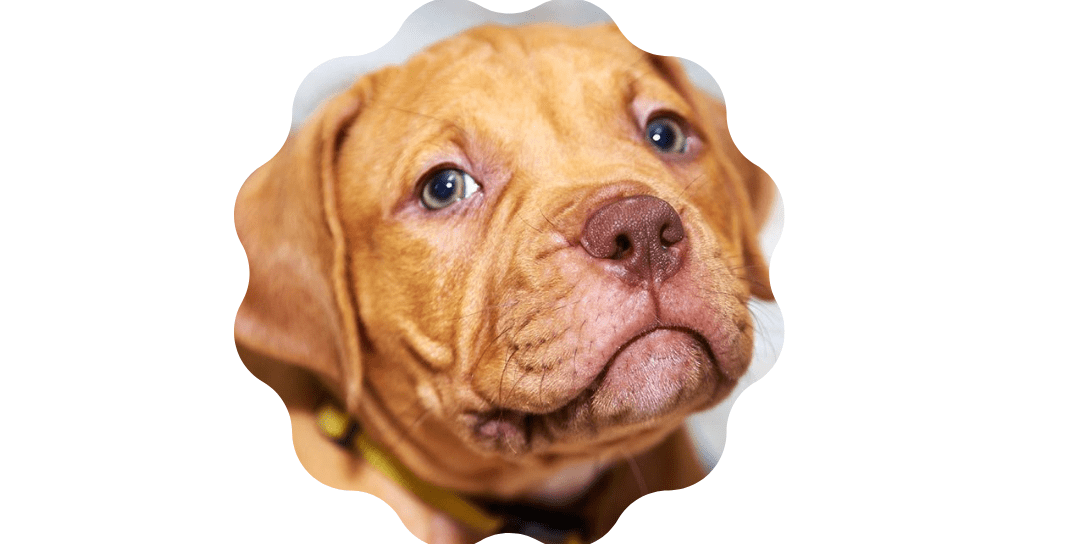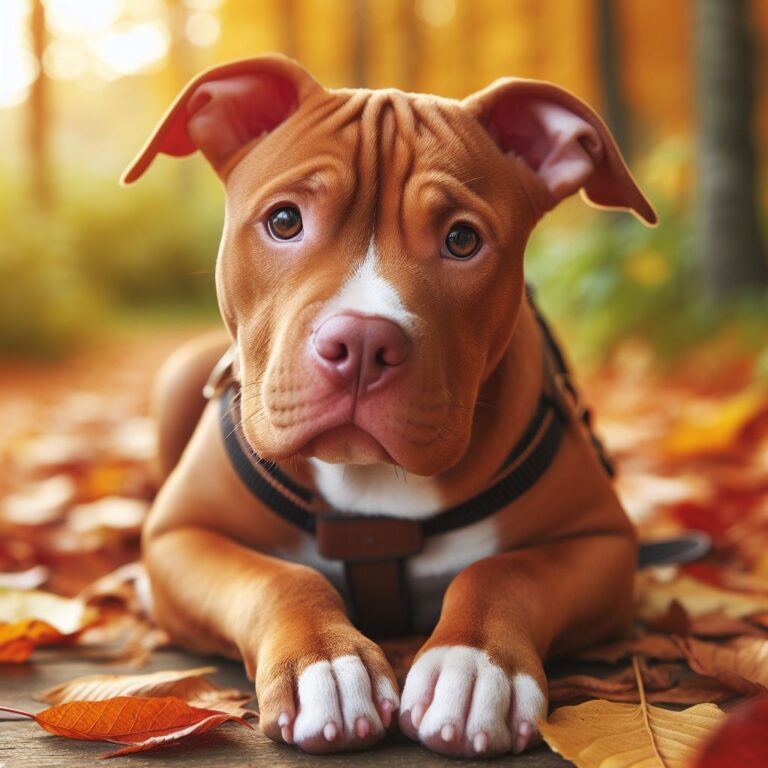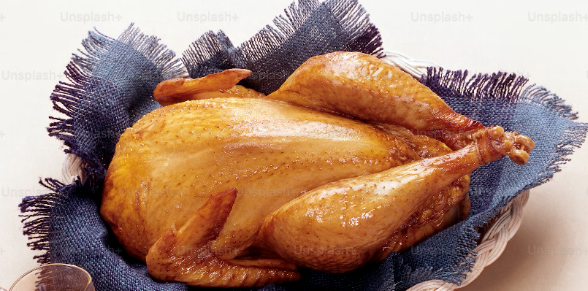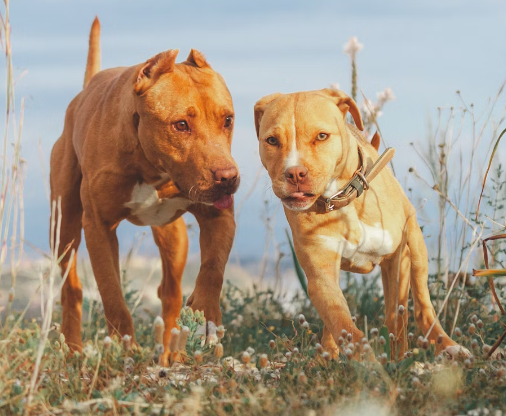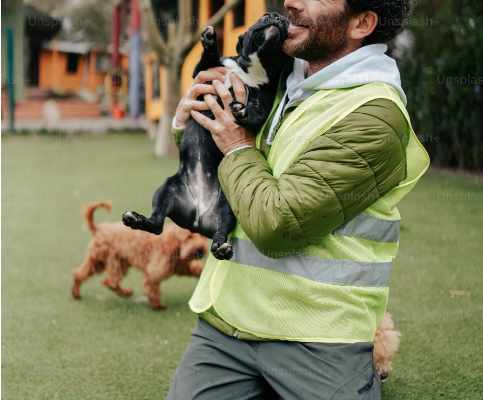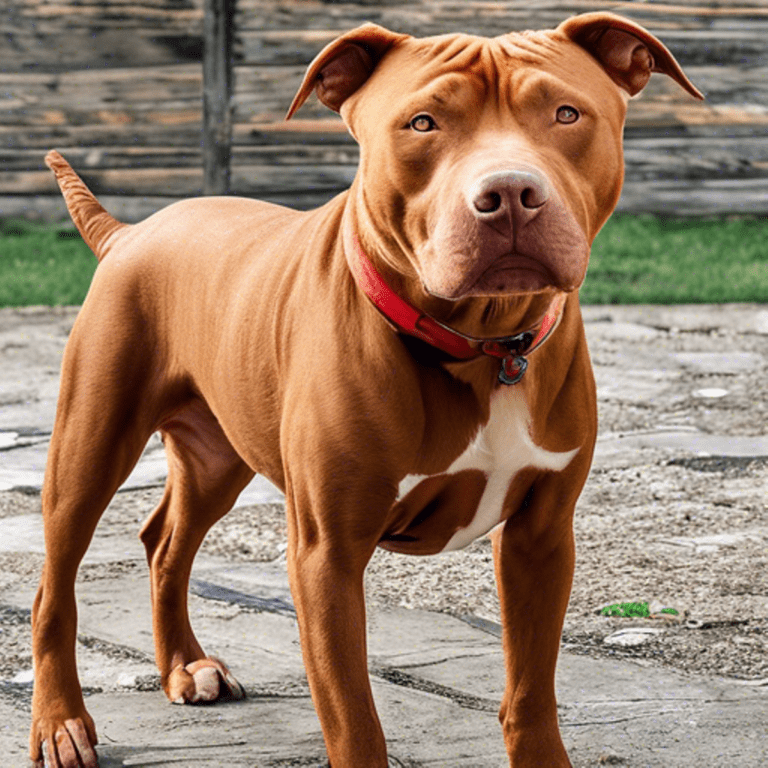Red Nose Pitbull Care Guide
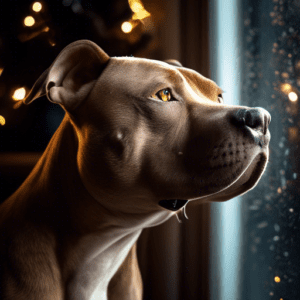
Red Nose Pitbulls are a beloved breed known for their loyalty, intelligence, and affectionate nature. If you’re considering adding one to your family, it’s essential to understand their unique needs and how to care for them properly.
Introduction to Red Nose Pitbulls
Red Nose Pitbulls, a variation of the American Pit Bull Terrier breed, are named for their distinctive red-colored noses. These dogs have gained popularity for their friendly demeanor and loyalty to their families.
Understanding Red Nose Pitbulls: Characteristics and Temperament
Appearance of Red Nose Pitbulls
Red Nose Pitbulls typically have a muscular build with a short coat that comes in various shades of red. They possess a wide head, a powerful jaw, and expressive eyes.
Temperament Traits
Known for their affectionate and loyal nature, Red Nose Pitbulls are excellent family pets. They are often gentle with children and make devoted companions when properly trained and socialized.
Essential Care Tips for Red Nose Pitbulls
Diet and Nutrition
A well-balanced diet is crucial for the health and vitality of Red Nose Pitbulls. Provide high-quality dog food that meets their nutritional needs, and avoid overfeeding to prevent obesity.
Exercise Requirements
Red Nose Pitbulls are energetic dogs that require regular exercise to stay healthy and happy. Daily walks, playtime, and interactive toys can help fulfill their need for physical activity.
Grooming Needs
Despite their short coat, Red Nose Pitbulls require regular grooming to keep them clean and healthy. Brushing their coat weekly and trimming their nails as needed can help prevent matting and maintain their overall hygiene.
Health Concerns and Preventive Measures
Common Health Issues
Like all breeds, Red Nose Pitbulls may be prone to certain health conditions, including hip dysplasia, allergies, and skin infections. Routine visits to the veterinarian can aid in the early detection of any health issues.
Regular Veterinary Check-ups
Schedule routine visits to the veterinarian for vaccinations, parasite control, and overall health assessments. Early detection and treatment of health issues can improve your Pitbull’s quality of life.
Vaccinations and Preventive Care
Ensure your Red Nose Pitbull is up-to-date on vaccinations to protect them from preventable diseases. Additionally, use flea and tick preventatives to safeguard their health.
Training and Socialization
Importance of Training
Proper training is essential for Red Nose Pitbulls to become well-behaved and obedient companions. Begin training at an early age and employ positive reinforcement methods to promote desirable behavior.
Socialization Tips
Expose your Red Nose Pitbull to various people, animals, and environments from a young age to help them become confident and well-adjusted adults. Positive socialization experiences can prevent fearfulness and aggression.
Creating a Safe and Stimulating Environment
Indoor and Outdoor Spaces
Provide your Red Nose Pitbull with a safe and comfortable living environment both indoors and outdoors. Ensure they have access to shelter, clean water, and adequate space to move and play.
Providing Mental Stimulation
Engage your Pitbull’s mind with puzzle toys, interactive games, and training exercises to prevent boredom and destructive behavior.
Understanding Red Nose Pitbulls’ Behavioral Needs
Attention and Affection
Red Nose Pitbulls thrive on love and attention from their human companions. Spend quality time bonding with your dog through play, training, and affectionate gestures.
Behavioral Training Techniques
Use positive reinforcement techniques such as praise, treats, and rewards to encourage desired behaviors in your Red Nose Pitbull. Consistency and patience are key to successful training.
Common Misconceptions About Red Nose Pitbulls
Debunking Stereotypes
Red Nose Pitbulls are often unfairly stigmatized due to misconceptions about their temperament and behavior. Educate others about the true nature of these dogs and advocate for responsible ownership.
Educating Others
Take the opportunity to educate friends, family, and the community about Red Nose Pitbulls and responsible pet ownership. By dispelling myths and promoting positive experiences, you can help change perceptions.
Legal Considerations and Breed-Specific Legislation
Understanding Breed-Specific Laws
Be aware of any breed-specific legislation in your area that may restrict or regulate the ownership of certain dog breeds, including Pitbulls. Stay informed and comply with local regulations to ensure the safety and well-being of your pet.
Responsible Ownership
As a responsible Pitbull owner, it’s essential to provide proper care, training, and socialization for your dog. Be a positive ambassador for the breed by demonstrating responsible ownership practices.
The Importance of Adoption and Rescue
Adopting from Shelters
Consider adopting a Red Nose Pitbull from a shelter or rescue organization rather than purchasing from a breeder. Rescue dogs make wonderful pets and deserve a second chance at a loving home.
Supporting Rescue Organizations
Support rescue organizations that specialize in Pitbulls by volunteering, fostering, or making donations. Your contributions can help save lives and provide care for dogs in need.
Conclusion
Red Nose Pitbulls are loyal, affectionate, and deserving of love and proper care. By understanding their unique needs and providing a nurturing environment, you can enjoy a fulfilling relationship with your Pitbull companion.
FAQs (Frequently Asked Questions)
- Are Red Nose Pitbulls good with children?
- When properly trained and socialized, Red Nose Pitbulls can be excellent family pets and are often gentle with children.
- Do Red Nose Pitbulls require a lot of exercise?
- Indeed, Red Nose Pitbulls are lively canines that need consistent exercise to maintain their health and happiness.
- Are Red Nose Pitbulls aggressive?
- Contrary to popular belief, Red Nose Pitbulls are not inherently aggressive.
- Contrary to popular belief, Red Nose Pitbulls are not inherently aggressive.
- How can I socialize my Red Nose Pitbull?
- Socialize your Pitbull by exposing them to various people, animals, and environments from a young age. Positive experiences will help them become well-adjusted adults.
- What should I feed my Red Nose Pitbull?
- Feed your Pitbull a high-quality dog food that meets their nutritional needs. Steer clear of overfeeding and ensure access to fresh water at all times.
